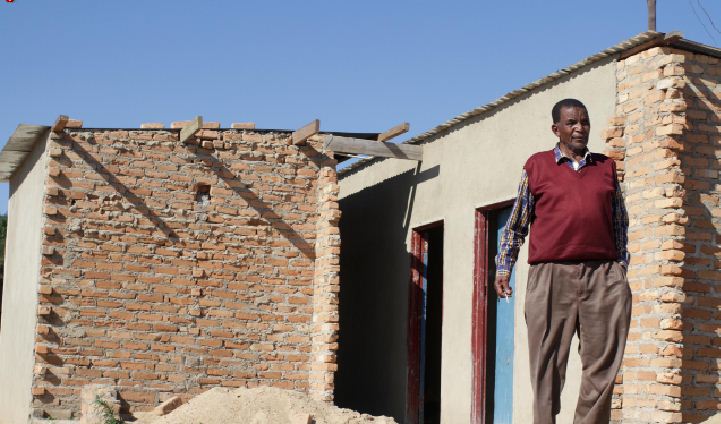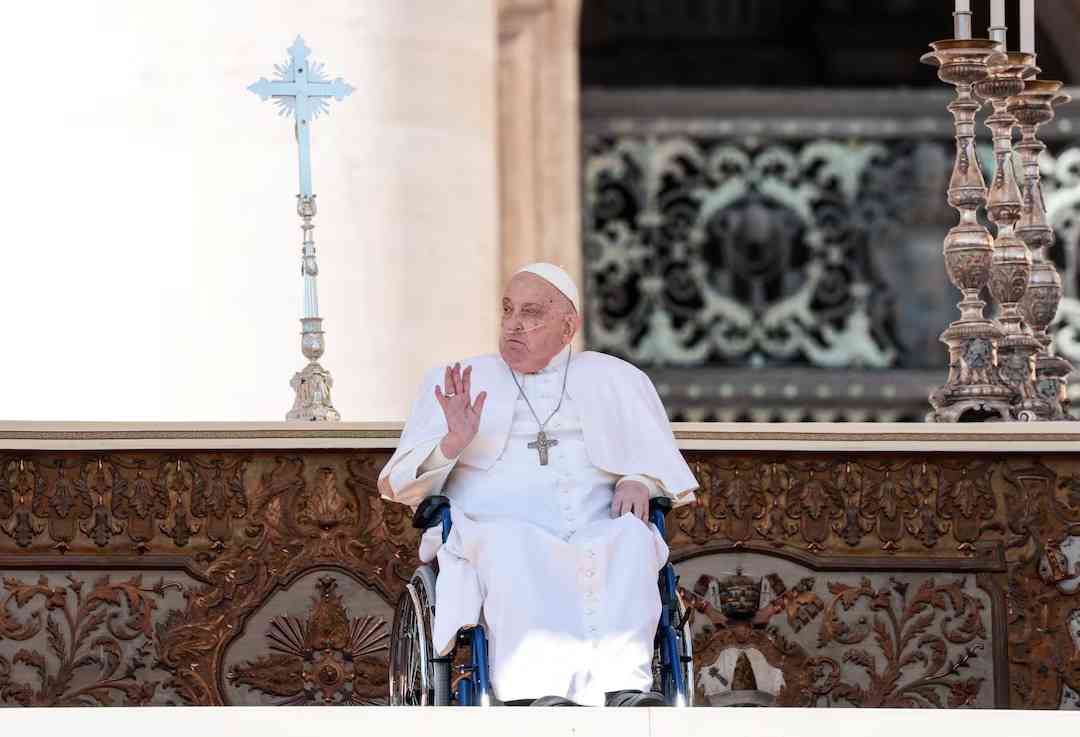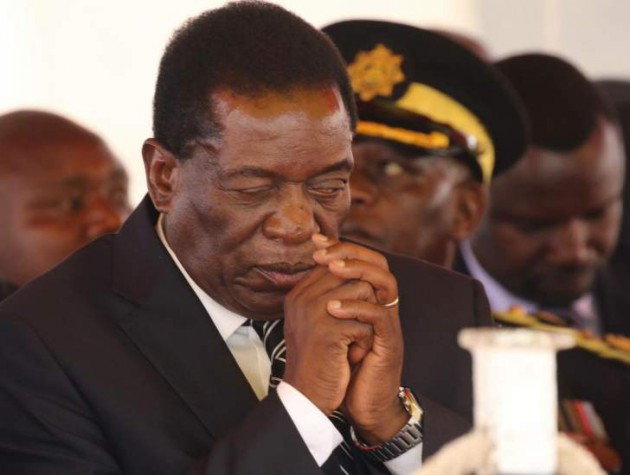
BY PHYLLIS MBANJE
Luke Thembani is known for being the first black commercial farmer to take his case to the now disbanded Sadc tribunal after contesting the sale of his land in Nyazura. He won his case but sadly lost the farm along with most of his property acquired over 20 years.
And now 77 years old Thembani is wallowing in abject poverty in the dusty streets of Vhengere township in Rusape. With diabetes and high blood pressure, it is no wonder the old man is bitter.
The Standard crew caught up with Thembani in Rusape last week where he was looking tired and haggard.
“No one seems to care or even remember what I contributed to my community. It is painful at my age to be going through all these hardships,” he said.With a distant and resigned look, Thembani tells his story.
“I bought the farm in Nyazura from a white commercial farmer called Muller in 1983. He was a neighbour to a farm where I worked,” he said. “On June 4 1983 I moved to the farm. I was excited about the big plans that I had for my farm and immediately went to work.”
Over the years he made several improvements on the farm. He built houses for his farm workers, constructed dams and created paddocks.
- Chamisa under fire over US$120K donation
- Mavhunga puts DeMbare into Chibuku quarterfinals
- Pension funds bet on Cabora Bassa oilfields
- Councils defy govt fire tender directive
Keep Reading
“I grew tobacco and had 40 hectares of the crop. I also raised over 250 head of cattle along with a successful piggery project,” he said.
However, the gentle farmer with a big heart felt he needed to do more for his community, especially the children.
“I realised there was need for a school and a clinic. Pregnant women had to walk 14km to the nearest health facility,” he said.
Thembani, galvanised into action by the great need of his community, wrote a letter to the government requesting a school and a clinic.
“The government said there was no money and that if I had some, I could go ahead and build the school and clinic,” he said.In 1986, Thembani built a school with four classrooms, an office block and houses for teachers. The following year the school proudly opened to 321 pupils.
“The government deployed eight teachers and finally my dream was coming true,” he said with pride glowing in his eyes.
The black commercial farmer, now well-recognised in the society, went on to build a church for his workers and surrounding community.
“I wanted the children to know the good ways of the Lord and stay out of trouble,” he said.
However, none of the parents could come up with levies to keep the school going and after fruitless efforts to get them to pay, Thembani resolved to make education free.
“I realised that many were not able to pay and so declared free education up until 2000,” he said.
Meanwhile, as he was focused on improving the lives of his kith and kin, his farming exploits started to buckle under the stretched resources and coupled with the drought that persisted in the late 1980s and early 1990s, he soon fell behind in repaying his loan with Agribank.
“They refused to give me further loans and threatened to sell my farm to recover their money if I did not pay up,” he said.
Thembani lost his fight in 2000 and the bank put up his farm for sale.
“Two people were interested and one bidded for the farm,” he said.
The farm was sold to Takawira Zembe, a businessman who only paid 10% at the auction.
Thembani’s lawyer, a (Mrs) Makoni, managed to stop the sale but only for a short time.
“I could not pay the legal fees anymore and my farm was suffering. I was no longer in control of my life.”Thembani went to court and won his case but it was appealed at the Supreme Court and he lost.
Desperate and hurt, he approached the Sadc tribunal in 2009 and the ruling was in his favour, but the government refused to recognise this decision. He was finally evicted on October 16 2009 by the Deputy Sheriff.
“I only managed to take away a few possessions but the rest was left behind and I never recovered it.”
For years he fought the decision but failing health and inadequate resources slowed him down.
Hopeless and unsure how he will survive, Thembani hopes one day he will complete building his house currently under construction.
“I have no electricity at the moment, I survive on hand-outs and my health is worrying me,” he says, gazing dejectedly at his unfinished house. Thembani is not the only farmer who lost a farm, but he is recognised for standing up for justice and trying to upgrade his community which sadly does not seem to remember him in times of need.
Thembani is not the only farmer who lost a farm, but he is recognised for standing up for justice and trying to upgrade his community which sadly does not seem to remember him in times of need.









